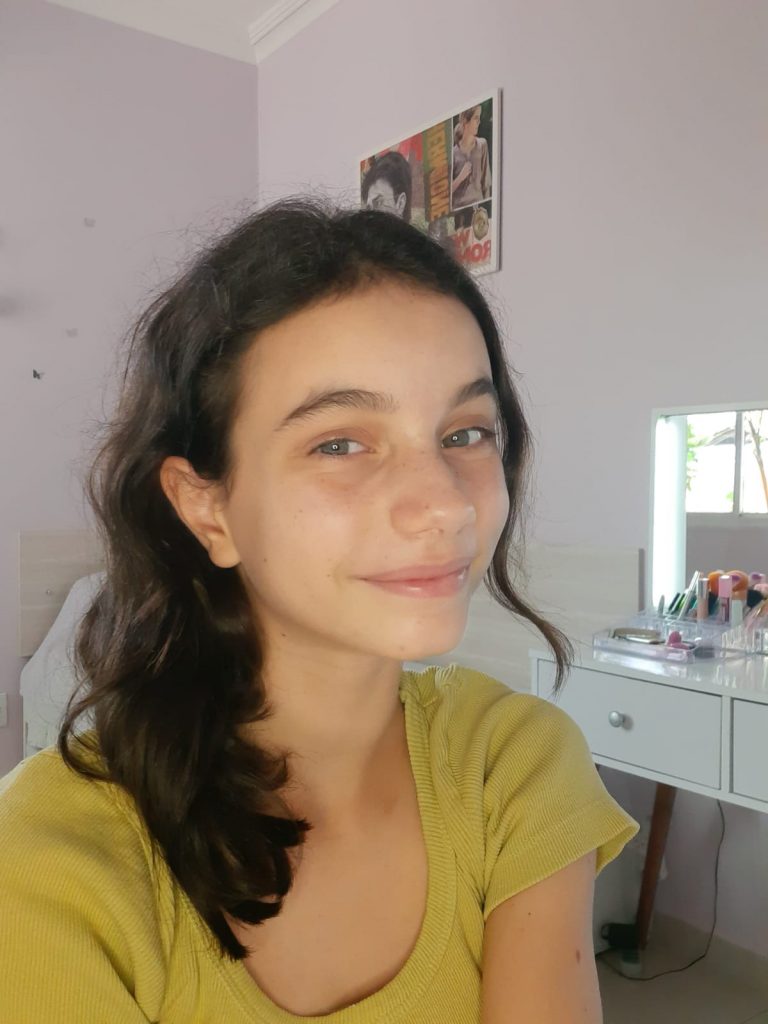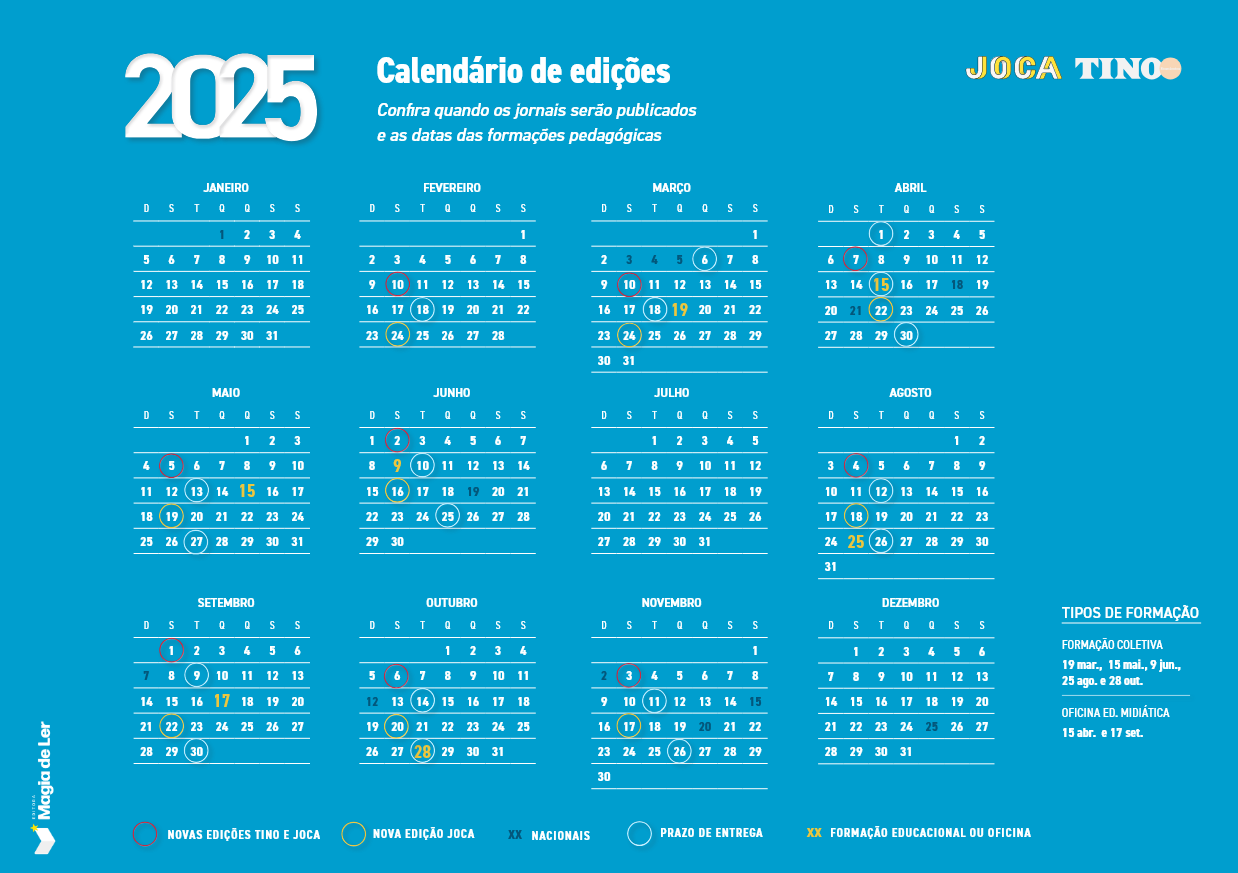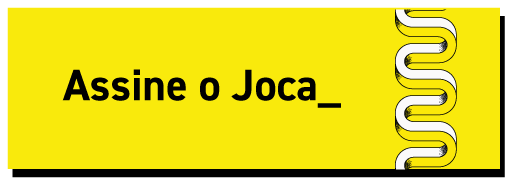Edições Impressas
10 de fevereiro de 2023
How does a fact checking organization work? – Level 3
Article published in Joca 199

In recent years, with the advance of the Internet and, especially, o f social networks, the dissemination of false information has been on the rise, affecting society in various areas, including politics, health, science, and economics. There are several ways to address misinformation and one of them is through fact-checking organizations.
To better understand this topic, junior reporter Clara A., from Clube do Joca, spoke to Chico Marés, the journalism coordinator at the Lupa News agency, which verifies online content.

How can you distinguish false from true information?
False information can come in many different forms. It can be an online video that is taken out of context, an image, a fake report, or even a true report with a fake headline. First, there is monitoring: we have digital tools that are really good at monitoring content that circulates on Meta’s platforms (Facebook and Instagram). There is also Tweetdeck for Twitter and a “Dial Magnifying Glass” for WhatsApp that sends reports on false information.
We look at these tools ever y morning and see which topics are going viral. It’s much more important to check something that is being highly circulated than something that has a low risk of causing damage. Sometimes, fake news don’t cause much damage, and sometimes it has content that may be highly relevant, but is only being talked about by few people.
Our reporters then analyze whether that content is verifiable (opinions and future predictions are not verifiable). Let’s say we’re checking a video, so you’re going to check: Is it recent? Has it been edited? Can the original version of this video be found?
As soon as reporters get enough material to prove whether the content is true or false, they write a text, using links and evidence of the truthfulness of the content or the lack of it throughout the article.
Then the editor will analyze that, edit the text to make it more readable and standardized, and analyze if what the reporter collected is enough to prove whether that content is true or false. Finally, we will publish everything we can prove on our website. Sometimes, we do the research and cannot reach a conclusion; this is very common in the day-to-day of journalism.
And how long does it take to verify something?
It really depends, but on average, it takes each reporter a day to verify something. Some things are easier to check, others are more difficult. For example, when it’s a distorted photo, it’s faster. Other times, ten-minute long videos filled with conspiracy theories [ways of explaining events with dubious and unproven assumptions] can take up to a week to be fully verified. We can deal with the information that is more viral, but we do not, as fact-checkers, have the same agility as those who disseminate misinformation, because they have a major advantage over us in terms of the speed and ability to produce (misinformation).
It is important to say that the checking we do is very important, but it is not the only solution to this problem. Media education is essential for people to learn how to browse the Internet using critical thinking. We also have to have legislation [set of laws] that allows for a more effective fight.
What training is required to do fact-checking?
Most people have a background in journalism, our entire team is made up of journalists. It’s very difficult to get a job in journalism without the course, but I think that you don’t necessarily need to be a journalist to work with fact-checking.
And do you like this job?
I like it, even now that I’m coordinating the newsroom. I don’t do that work specifically anymore, I manage the team more, but I miss it and I am dying to get my hands dirty.
WANT TO FIND OUT MORE ABOUT MEDIA EDUCATION?
Invite your school or teacher to check out Joca’s free material on the subject in Portuguese: conteudo.jornaljoca.com.br/educacao-midiatica
Ixi! Você bateu no paywall!
Ainda não é assinante? Assine agora e tenha acesso ilimitado ao conteúdo do Joca.












Você precisa fazer o login para publicar um comentário.